
Mar 28 , 2020
By MUHABA OUMER ( FORTUNE STAFF WRITER )
Rorank Business Plc, a local company that makes spirits under the ownership of British giant Vasari Group, has ceased making denatured alcohol because of raw material shortages.
The production facility, resting on 2.2ha of land in Cha-cha Wereda near Debra Berhan town, Amhara Regional State, has been making and supplying denatured alcohol for five years to factories that make milk, cosmetics and medication.
However, the company stopped making denatured alcohol a month ago due to the excise tax and shortages of raw materials, according to a source at the facility.
Last month, the parliament legislated a proclamation that imposed a 60pc excise tax on denatured alcohol. However, the Ministry of Finance has temporarily waived the 60pc excise tax on denatured alcohol due to the spread of the Novel Coronavirus (COVID-19) in order to speed along the production of hand sanitizer.
The company has been both importing and buying the raw materials locally needed to produce pure alcohol.
Finchaa and Metehara are the two sugar factories that are currently producing ethanol from molasses with a combined production capacity of three million litres a year. The two plants sell 300,000lt of ethanol daily to the National Alcohol & Liquor Factory.
"After doing cost analysis, we decided to limit our production to drinking alcohol only," said the source, who adds that the company is planning to downsize its 400 employees by half.
Ethiopia cannot afford to lose such investments in the manufacturing sector, while 70pc of the population is young and largely unemployed, according to Zerayakob Belete, managing partner at Nexus Investment Solution Plc.
"The government must give incentives for foreign investment in the agricultural, industrial and technological sectors, as they play a vital role in creating job opportunities," said Zerayakob.
The liquor factory has the capacity to bottle and package 35,000 bottles an hour. It bottles whiskey, vodka, gin, ouzo and rum with alcoholic contents ranging between 20pc to 40pc and a variety of flavoured liquors such as lemon and super mint.
The plant's monthly supply of drinking alcohol to the market was between 60,000lt to 90,000lt two months ago, according to a source close to the case. However, it is currently producing 30,000lt of spirits a month. Vasari Group has invested 50 million dollars in the plant that is known for making the Super Eagle and Crystal brands.
"Now the production capacity of the plant has fallen sharply," the source said.
In the past fiscal year, Debra Berhan Investment Office has issued licenses for 130 investors. Out of that number, 86 have taken the land allotted to them. The city has registered over 29 billion Br in total investment capital with 461 individual investments over the past five years.
Once operational, the projects will create employment opportunities for more than 50,000 citizens, according to Teshome G.Amlak, head of Debre Berhan Investment Office, which expects 140 investments this budget year. The number includes 67 projects that have already started operations in the last three months alone.
The government has to evaluate the economic performance of alcohol and liquor factories with particular attention to productivity, profitability, capacity utilisation, marketing and their socioeconomic contribution, according to Suleiman Ahmed, a supervisor at Addis Abeba University's (AAU) College of Law & Governance Studies.
"It's rational to impose a large excise tax on the sector when the risks are unknown," said Suleiman.
Shabu Filate, the spokesperson for the Ethiopian Food & Drug Administration, says that the number of enterprises entering the business of pure alcohol production is growing in response to the immense demand for the product.
"However, the profit margin of denatured alcohol production is relatively low," said Shabu.
PUBLISHED ON
Mar 28,2020 [ VOL
20 , NO
1039]

Commentaries | Oct 01,2022
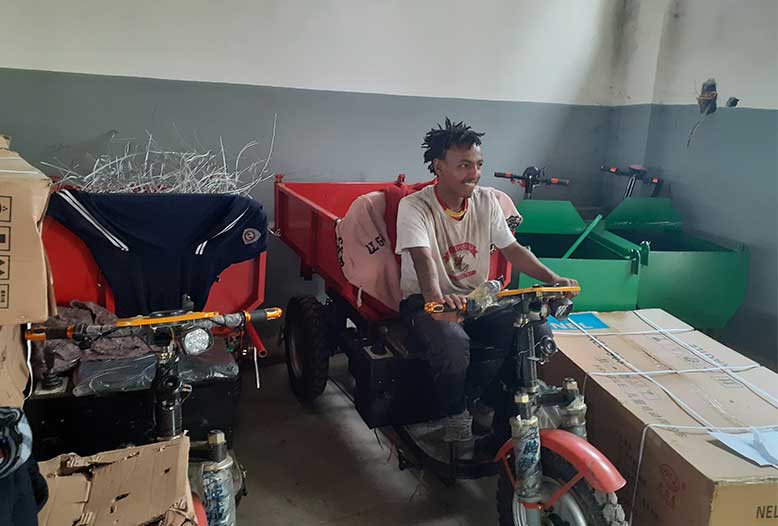
Fortune News | Sep 28,2019
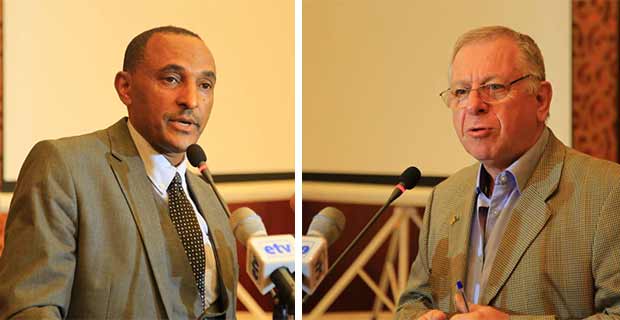
Fortune News | Sep 08,2019

Radar | Oct 16,2021

Life Matters | Jan 29,2022

Radar | Apr 26,2019
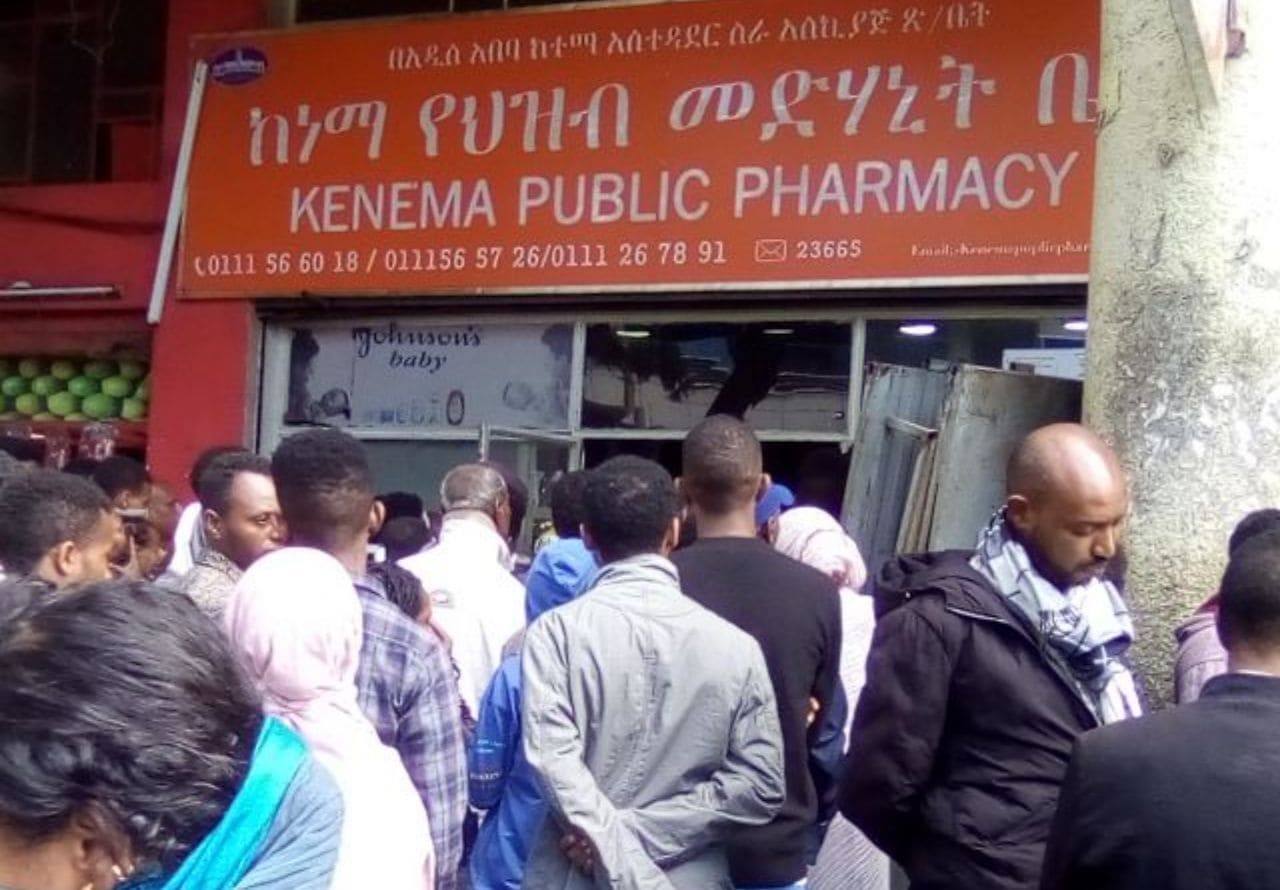
Covid-19 | Mar 21,2020
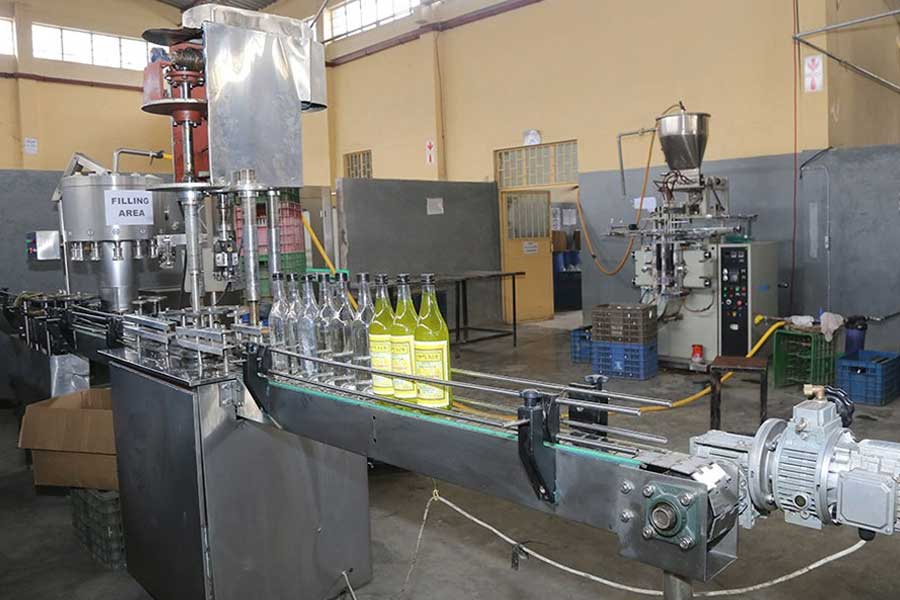
Fortune News | Feb 26,2022
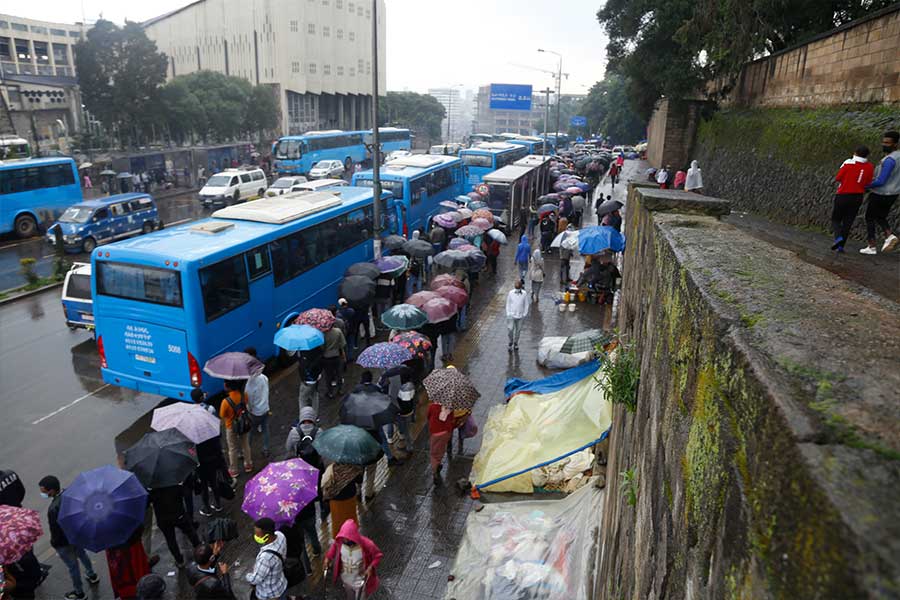
Radar | Aug 08,2020

Delicate Number | May 24,2025

Dec 22 , 2024 . By TIZITA SHEWAFERAW
Charged with transforming colossal state-owned enterprises into modern and competitiv...

Aug 18 , 2024 . By AKSAH ITALO
Although predictable Yonas Zerihun's job in the ride-hailing service is not immune to...

Jul 28 , 2024 . By TIZITA SHEWAFERAW
Unhabitual, perhaps too many, Samuel Gebreyohannes, 38, used to occasionally enjoy a couple of beers at breakfast. However, he recently swit...

Jul 13 , 2024 . By AKSAH ITALO
Investors who rely on tractors, trucks, and field vehicles for commuting, transporting commodities, and f...

Oct 25 , 2025
The regulatory machinery is on overdrive. In only two years, no fewer than 35 new pro...

Oct 18 , 2025
The political establishment, notably the ruling party and its top brass, has become p...

Oct 11 , 2025
Ladislas Farago, a roving Associated Press (AP) correspondent, arrived in Ethiopia in...

Oct 4 , 2025
Eyob Tekalegn (PhD) had been in the Governor's chair for only weeks when, on Septembe...